
Does White Vinegar Clean Gold Jewelry? Safe Cleaning Tips
Ever wondered, does white vinegar clean gold jewelry? Yes, it can. White vinegar works by dissolving mineral deposits and grime that accumulate on gold over time. To use it safely, mix equal parts vinegar and water, soak your jewelry for 15–20 minutes, gently scrub with a soft-bristled toothbrush, rinse thoroughly, and dry with a microfiber cloth. Keep in mind, vinegar may react with certain alloys like copper or nickel, so it’s best to test a small area first. Explore further to uncover proper care techniques and avoid potential mishaps — especially when caring for timeless pieces such as those in our Chunky Gold Necklace collection.
Understanding Gold Jewelry Composition
Gold jewelry isn't just a simple metal piece; it’s an alloy crafted with precision to balance durability, color, and luster.
You’ll find that gold alloy types vary based on the metals mixed with pure gold. For instance, yellow gold typically combines gold with copper and silver, while white gold includes palladium or nickel.
Understanding gold purity levels is vital, as they determine the metal's quality and value. Measured in karats, pure gold is 24K but is often too soft for jewelry. Commonly, you'll encounter 18K or 14K gold, which offer a good balance of purity and strength.
Knowing your jewelry’s composition helps you choose the right cleaning method, ensuring your pieces maintain their shine and integrity over time.
Benefits of Using White Vinegar for Cleaning
With a clear understanding of your gold jewelry's composition, let's explore why white vinegar serves as an excellent cleaning agent.
White vinegar, or acetic acid, offers several vinegar benefits for jewelry maintenance. Its acidic nature effectively dissolves mineral deposits and grime without harsh abrasives, preserving your jewelry's delicate surface. When cleaning, immerse your gold in a vinegar solution for 10-15 minutes, then gently scrub with a soft brush to lift embedded dirt.
White vinegar's simplicity and accessibility make it an ideal choice for regular jewelry maintenance. It’s non-toxic, eco-friendly, and doesn’t leave residue, ensuring your gold retains its original luster.
Implementing this method can extend your jewelry’s lifespan, keeping it radiant and enhancing its overall appearance with minimal effort.
Potential Risks of Using Vinegar on Gold
While white vinegar is often praised for its cleaning prowess, it’s important to recognize the potential risks when using it on gold jewelry.
Gold alloys, which are common in most jewelry, consist of gold mixed with other metals. Vinegar reactions can be unpredictable, especially with these alloys. The acetic acid in vinegar might cause unwanted chemical reactions with metals like copper or nickel, leading to corrosion or discoloration.
Gold-plated items are particularly vulnerable, as vinegar can strip away the thin gold layer, exposing the base metal. Always consider the purity of your gold; higher karats are less reactive but not entirely immune.
Test a small, inconspicuous area first. If uncertain, it’s best to consult a professional jeweler for advice.
How to Test Gold Jewelry for Vinegar Sensitivity
Understanding the potential reactions of vinegar with your gold jewelry is key to maintaining its luster and integrity.
Start by performing a gold testing procedure to determine vinegar sensitivity. Place a small drop of white vinegar on an inconspicuous area of the jewelry, like the inner band or clasp. Observe any vinegar reaction for 15 minutes.
If you notice discoloration, it's likely that your gold contains alloys sensitive to vinegar. Rinse the area with water immediately and dry with a soft cloth to prevent further damage.
If no reaction occurs, your gold is likely resistant to vinegar’s acidity. This simple test helps you ascertain whether vinegar is a safe cleaning agent for your specific piece, ensuring you preserve its beauty and value.
Step-By-Step Guide to Cleaning Gold With Vinegar
To effectively clean your gold jewelry with vinegar, follow a systematic approach to assure ideal results and preserve the metal's integrity.
Start by combining equal parts of white vinegar and water in a non-reactive bowl to guarantee vinegar effectiveness. Immerse your gold piece fully, allowing it to soak for 15-20 minutes. This soaking period facilitates the breakdown of grime and tarnish.
Use a soft-bristled toothbrush to gently scrub the jewelry, focusing on intricate details. Rinse thoroughly under lukewarm water to remove any residual vinegar solution and prevent potential corrosion.
Pat the jewelry dry with a microfiber cloth to avoid scratching. Remember, vinegar is a potent cleaner, so consider cleaning alternatives for delicate pieces or those with gemstones.
Alternative Cleaning Methods for Gold Jewelry
Although white vinegar is a popular choice for cleaning gold jewelry, other methods can be equally effective and offer greater safety for delicate pieces.
Consider using a mild dish soap solution, which involves mixing a few drops of dish soap with warm water. Soak your gold jewelry for 15-20 minutes, then gently scrub with a soft-bristle toothbrush to remove grime. Rinse thoroughly with clean water and pat dry with a lint-free cloth.
For a more natural approach, try a baking soda paste by combining baking soda and water. Apply this paste gently with a cloth, ensuring you don't scratch the surface.
These cleaning solutions provide effective jewelry maintenance while minimizing the risk of damage to your treasured gold pieces.
Tips for Preventing Gold Tarnish and Damage
Even though gold is resistant to tarnish compared to other metals, it's essential to take steps to preserve its natural luster and prevent damage.
First, store your gold jewelry in a soft-lined box or pouch to minimize scratches and exposure to air, which supports tarnish prevention.
Avoid contact with harsh chemicals like chlorine and sulfur, often found in household cleaners and swimming pools, as they can weaken the metal.
Implement regular jewelry maintenance by gently cleaning with a soft, lint-free cloth to remove oils and dirt.
When putting on lotion or perfume, make sure it’s fully absorbed before wearing gold pieces.
Finally, periodically inspect clasps and settings for wear, ensuring your precious items remain secure and pristine.
How Often Should You Clean Gold Jewelry?
Maintaining your gold jewelry in its best condition often requires a regular cleaning schedule tailored to how frequently you wear it. If you wear your gold pieces daily, aim for a cleaning frequency of every two to three weeks. This helps prevent buildup from oils, lotions, and environmental pollutants.
For pieces worn occasionally, a monthly cleaning should suffice. Consistent jewelry maintenance not only preserves the luster but also prolongs the lifespan of your treasures.
Use a soft-bristled brush and mild detergent to gently clean delicate designs. Remember, excessive cleaning might lead to wear, so avoid overly frequent scrubbing.
Common Mistakes to Avoid When Cleaning Gold
When cleaning gold jewelry, it’s important to avoid common mistakes that could damage your precious pieces.
First, never use abrasive materials like toothbrushes or rough cloths. Instead, opt for a soft microfiber cloth to prevent scratches during gold cleaning.
Avoid using harsh chemicals or cleaners not specifically designed for jewelry maintenance, as they can strip the gold's natural luster or even cause discoloration.
Be cautious with ultrasonic cleaners; while effective, they can loosen stones or damage delicate settings.
Always rinse thoroughly to remove any cleaning solutions, as residue can tarnish or degrade the metal over time.
Finally, dry your jewelry completely before storing it to prevent water spots or moisture buildup that can lead to corrosion.
Storing Your Gold Jewelry for Long-Lasting Shine
Proper care during cleaning is only part of keeping your gold jewelry looking its best; how you store it's equally important for preserving that long-lasting shine.
Choose a jewelry box with individual compartments to prevent pieces from scratching against each other. Velvet or satin linings are ideal for minimizing abrasion.
For added protection, use protective pouches made from soft, non-abrasive materials, especially for delicate items or those with intricate settings. These pouches act as a barrier against dust and moisture, which can dull the gold’s luster over time.
Keep your jewelry box in a cool, dry place, away from direct sunlight and humidity. Regularly inspect your storage setup to guarantee your treasures remain pristine and their brilliance endures.
Frequently Asked Questions
Can White Vinegar Damage Gemstones on Gold Jewelry?
Yes, white vinegar can damage certain gemstone types like pearls and opals. Opt for safe cleaning methods by using mild soap and warm water. Always check specific gemstone care guidelines to protect your jewelry's integrity.
Is There a Specific Type of White Vinegar for Cleaning Gold?
You don't need a specific type of white vinegar for cleaning gold. Use standard distilled white vinegar as an effective cleaning solution. Make certain you're cautious with jewelry care, as vinegar can damage any attached gemstones or pearls.
How Does Vinegar Affect Gold Jewelry With Mixed Metals?
Vinegar can cause mixed metal reactions in gold jewelry, potentially impacting cleaning effectiveness. It's best to use a pH-neutral cleaner, minimizing risk to metals like copper or silver, ensuring your jewelry remains untarnished and undamaged.
Are There Any Signs of Vinegar Reacting Negatively With Gold?
You won't typically see vinegar reactions with pure gold, but mixed-metal jewelry might experience discoloration. Always test a small area first or use gentler cleaning methods to avoid potential damage or adverse reactions.
Can I Use Vinegar to Clean Gold-Plated Jewelry?
You shouldn't use vinegar for gold-plated care. Vinegar's acidity can erode the plating, reducing its longevity. For effective cleaning, opt for a mild detergent and water, gently wiping with a soft cloth to maintain luster.
Conclusion
In summary, while white vinegar can effectively clean gold jewelry, it's essential to proceed with caution. Always verify your jewelry's sensitivity to vinegar by testing a small, inconspicuous area first. Follow the step-by-step cleaning guide, ensuring you avoid prolonged exposure to prevent potential damage. Regular cleaning, combined with proper storage, will help maintain your gold's brilliance. Remember, avoiding harsh chemicals and understanding your jewelry's composition will preserve its luster and extend its life.








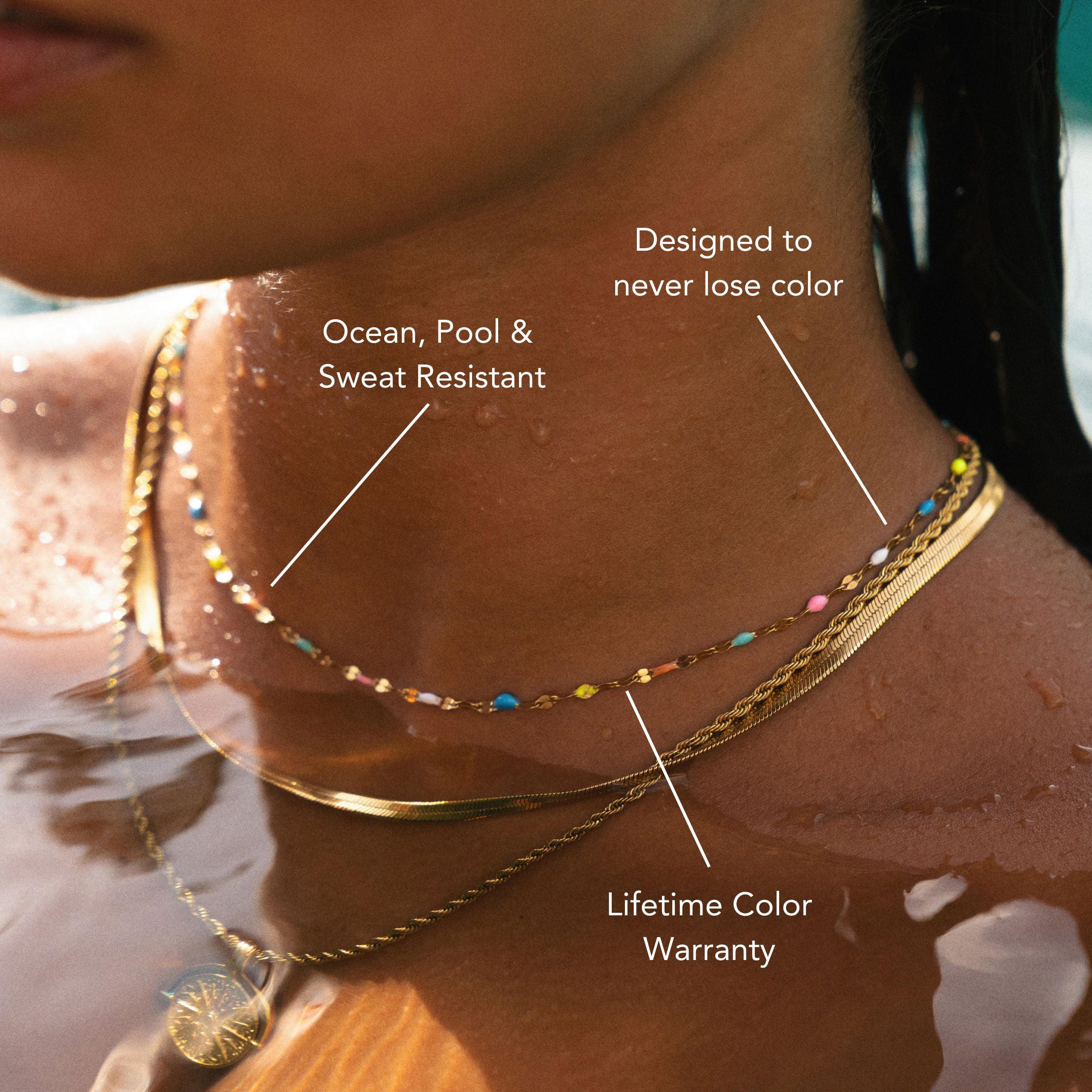

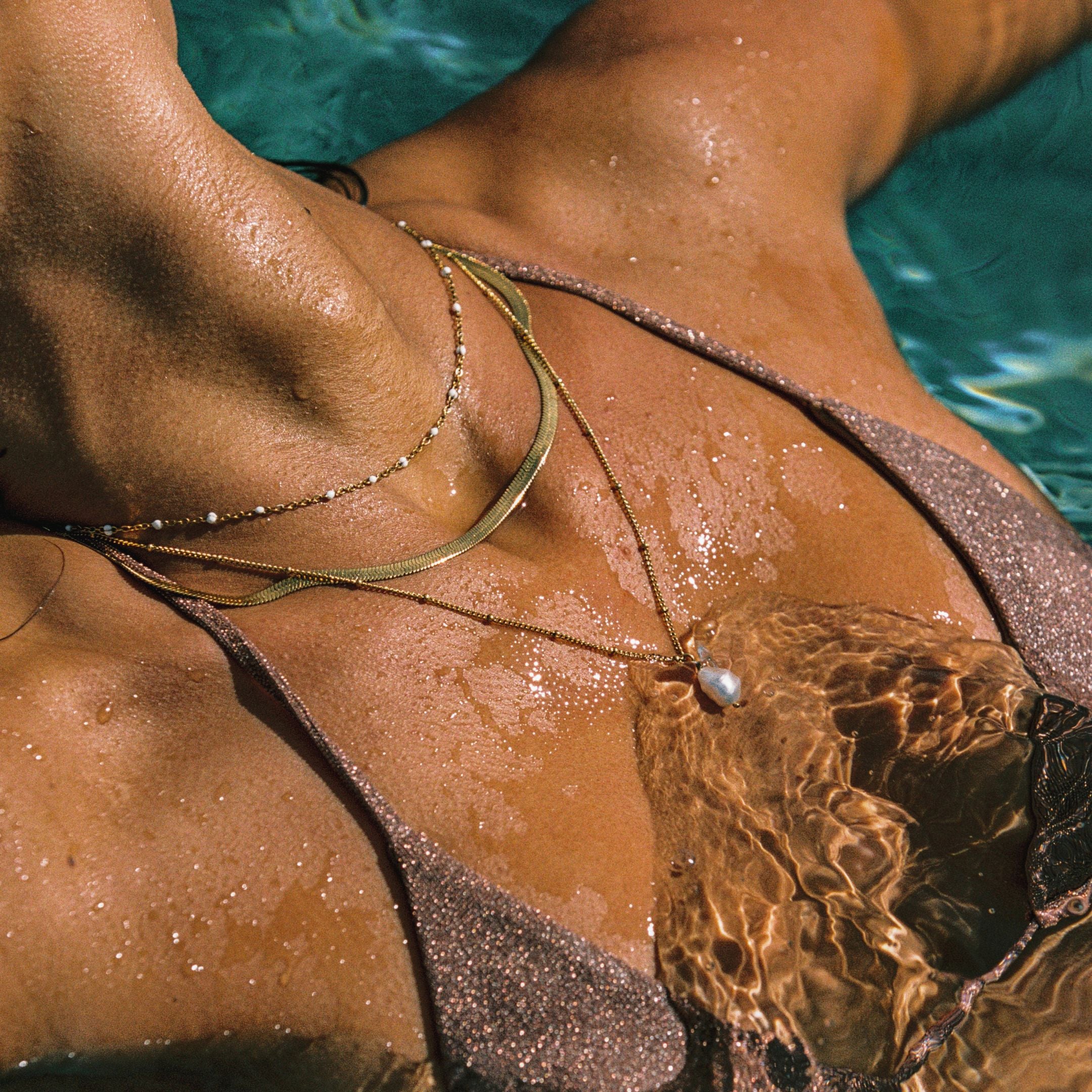


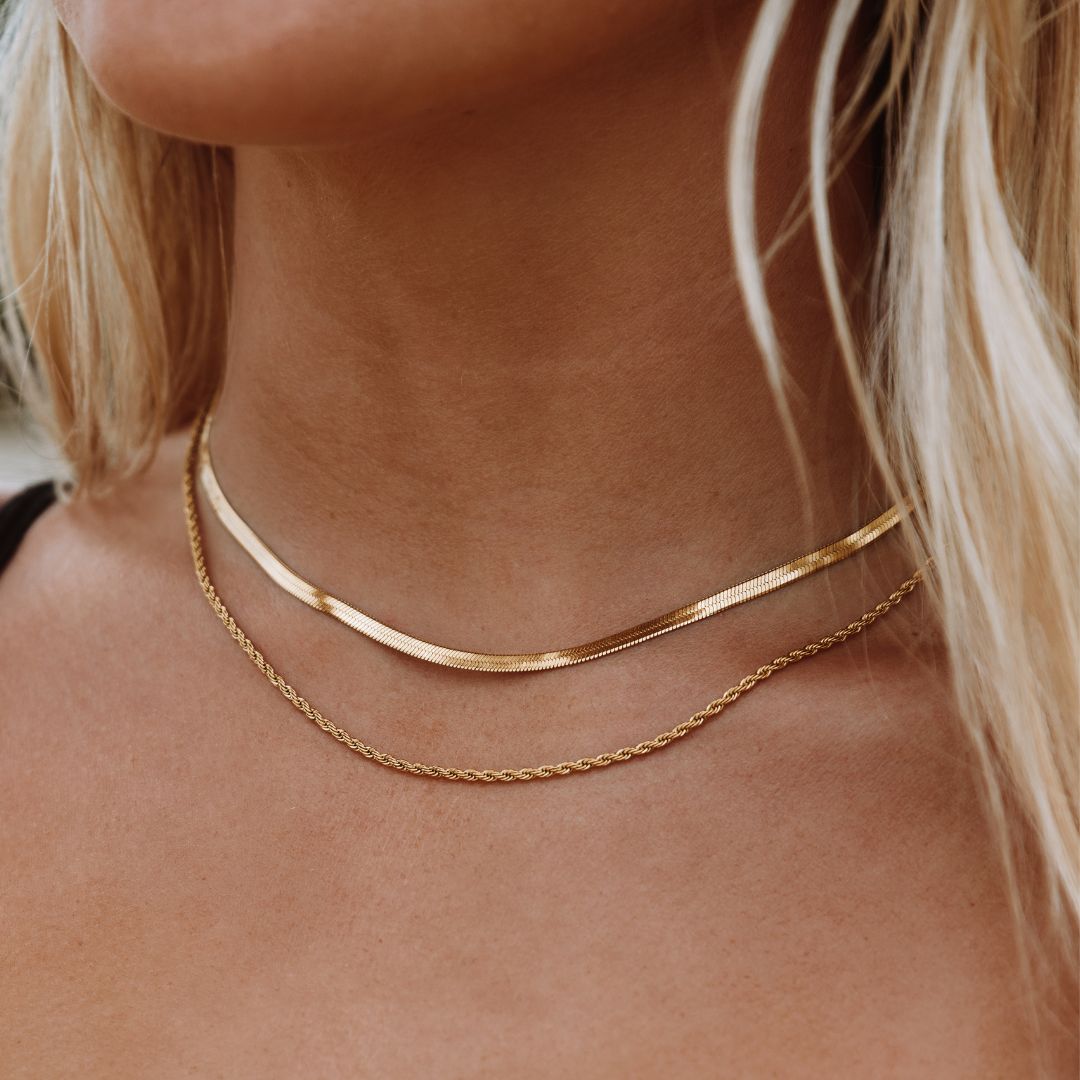

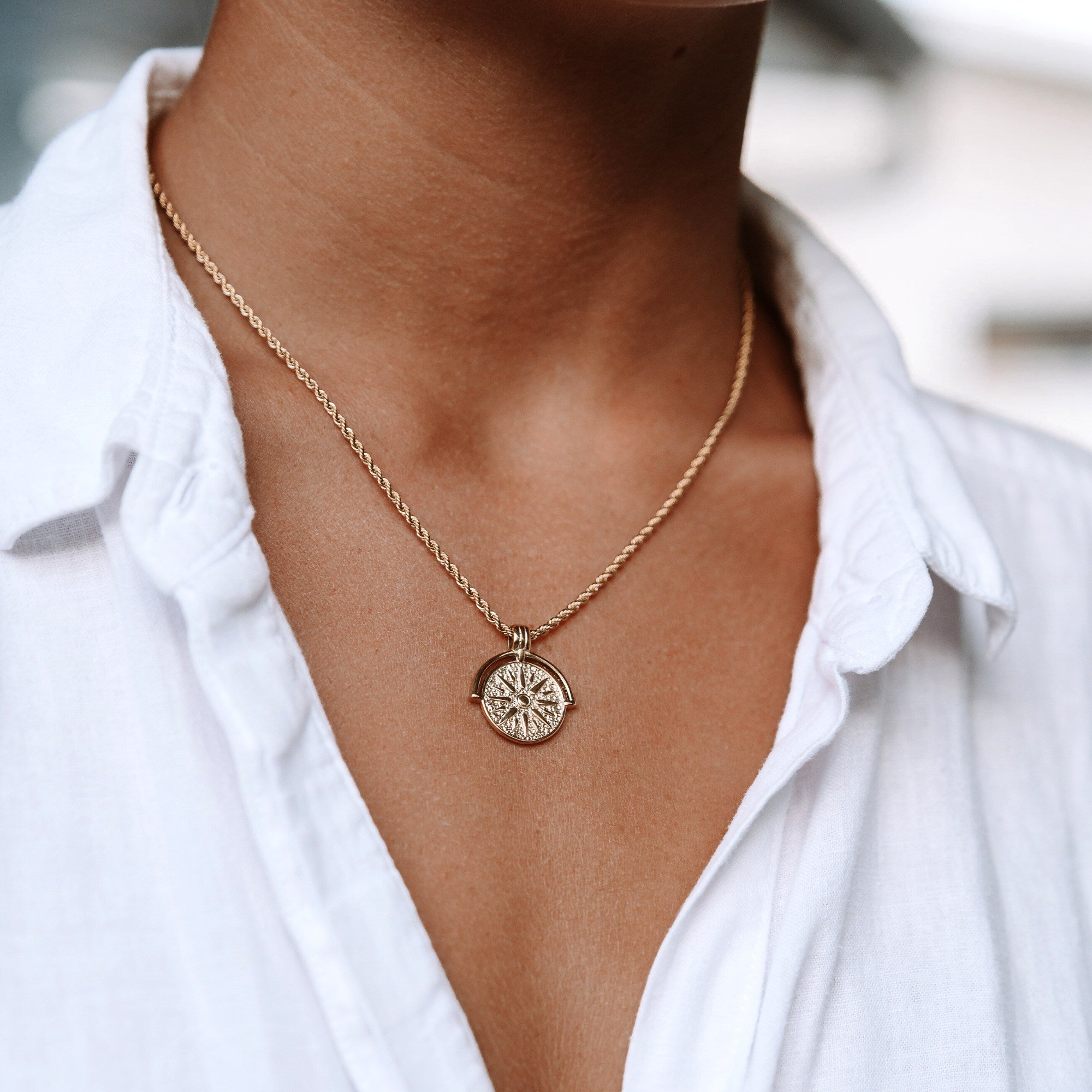

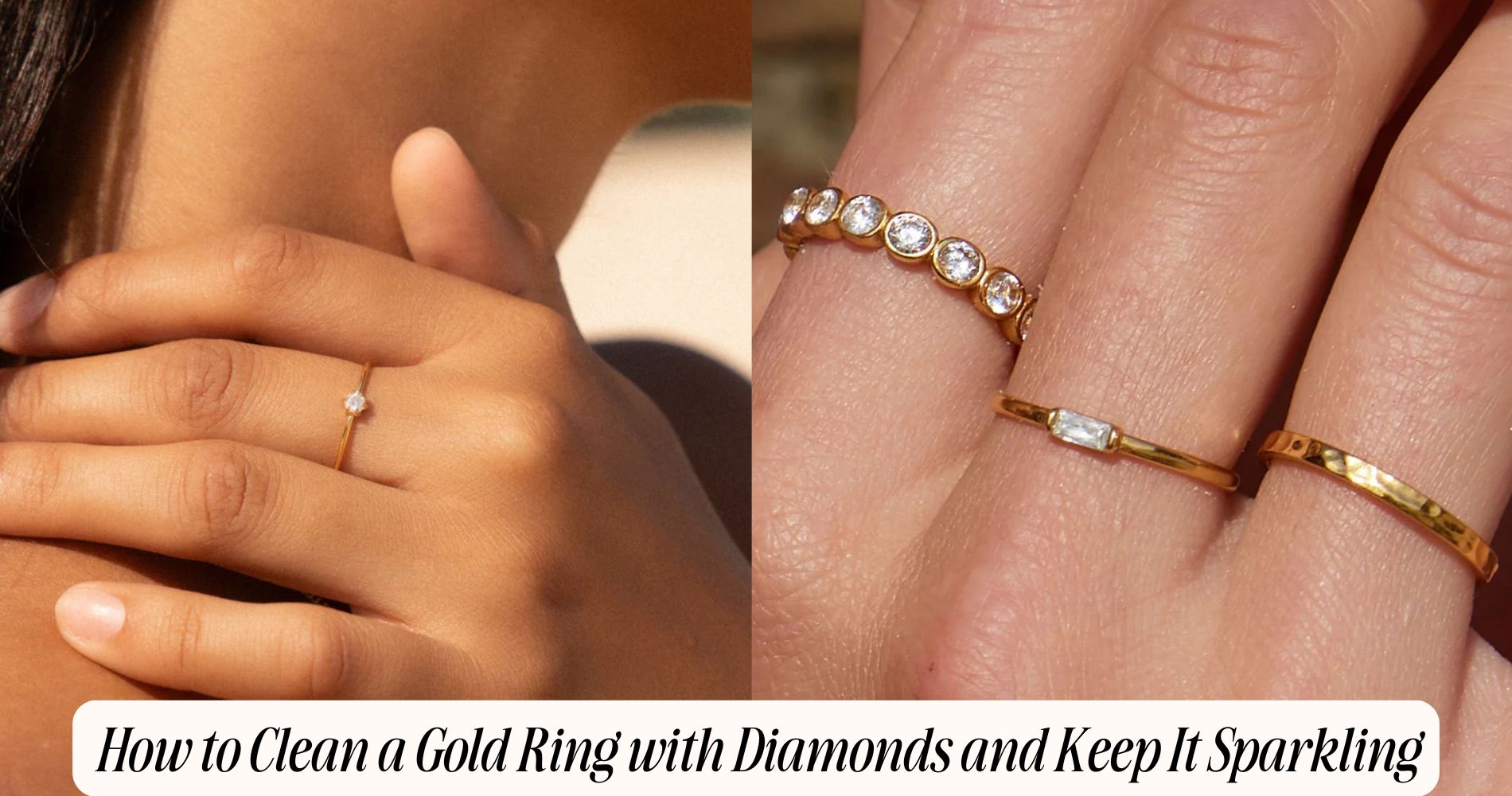
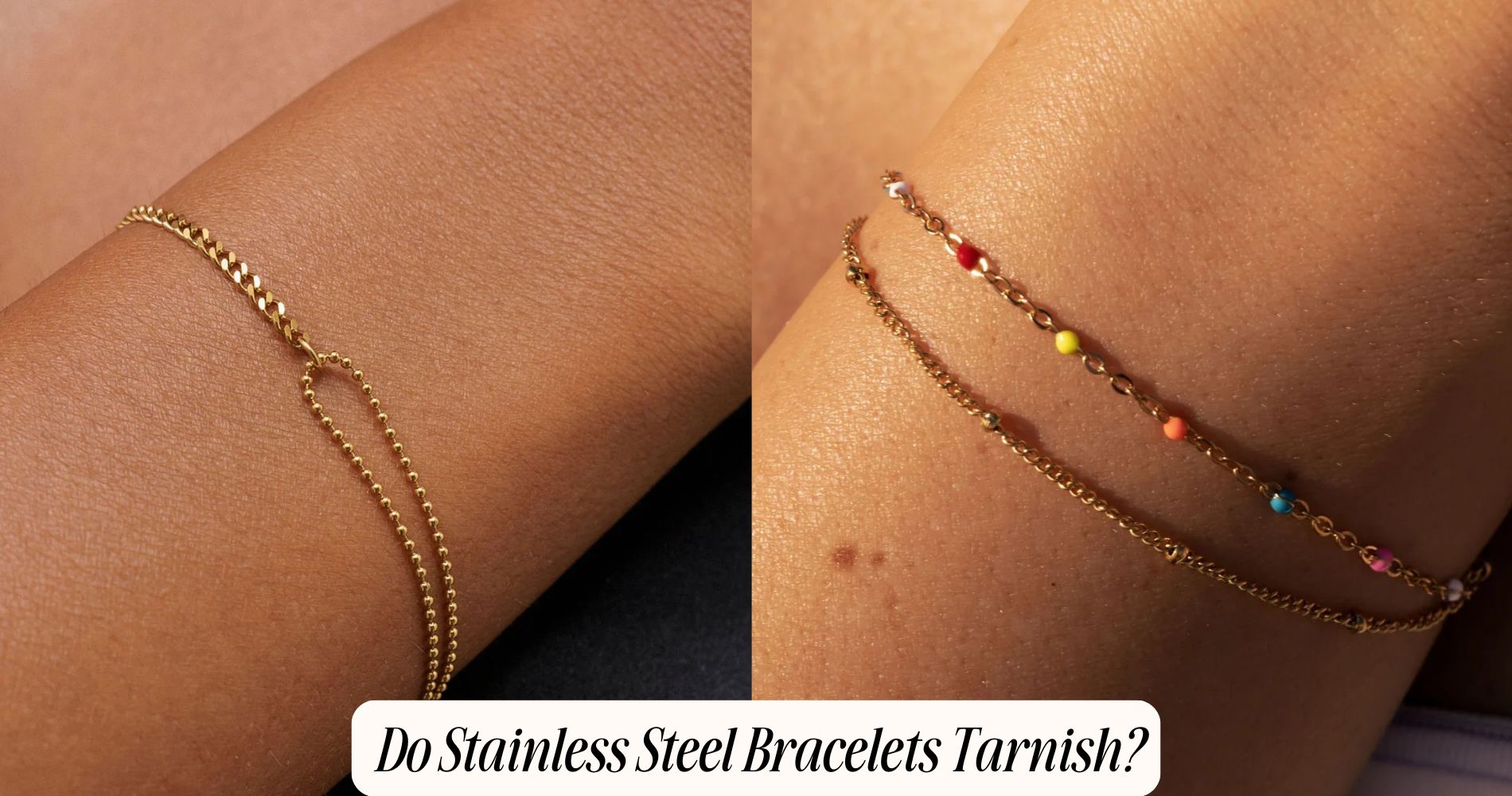




コメントを書く
このサイトはhCaptchaによって保護されており、hCaptchaプライバシーポリシーおよび利用規約が適用されます。